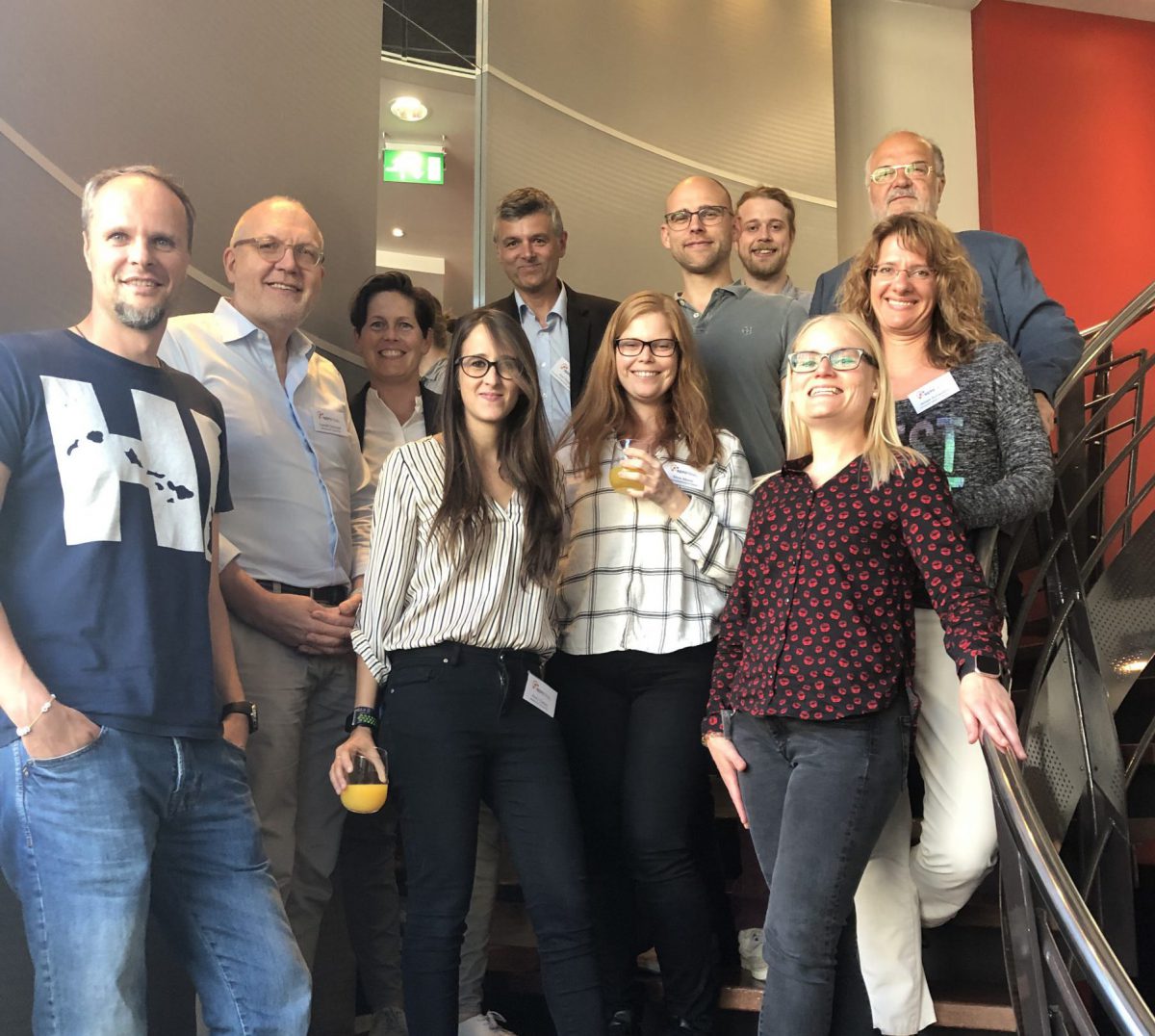De novo drug design requires 10 to 15 years until market entry. We want to help patients faster and more efficiently. In comparison to de novo drug design, drug repurposing can happen much faster, costs less, and imposes a lower risk. The time for validation of a known drug’s potential new purpose is significantly reduced because
- less or no animal experiments are required
- clinical studies can be conducted sooner
- potential side effects are already known
So far, finding a new use for an old drug (drug repurposing) has been a serendipitous process. REPO-TRIAL aims to improve the efficacy and precision of predicting new purposes for registered drugs by using a revolutionary in silico approach. We use computer-based algorithms and an innovative definition of diseases to screen for potentially beneficial effects of registered drugs in mechanistically related disease phenotypes. We then validate promising in silico-repurposed candidate drugs up to the clinical level. The algorithms that we use to identify mechanistically related disease phenotypes may include completely different organs or areas of the human body than the original was used for. This systems-based (integrative / whole-body) approach will create “virtual patient cohorts”. Finally, we will validate in silico repurposed drugs in actual clinical studies with real patients and high precision. Because validation of all new drug repurposing opportunities would be unrealistic, we will focus on a patient cohort that the REPO-TRIAL consortium understands very well. These patients
- display metabolic and cerebro-cardiovascular disease phenotypes, such as stroke, diabetes, Alzheimer’s etc.
- are positive for a specific panel of diagnostic blood biomarkers that can be measured in the laboratory
With this approach, we envision to significantly improve two biomedical product classes: drugs and diagnostics. Known drugs may eventually be used to treat diseases beyond their initially intended disease spectrum and beyond the indication(s) that previously justified their application. Scientifically, REPO-TRIAL will contribute to a deeper understanding of the molecular mechanisms underlying certain diseases that, until recently, were merely categorised by an array of symptoms. In summary, we are confident that REPO-TRIAL will provide rapid patient benefits, reduce drug development time and costs, and reduce overall risk.

